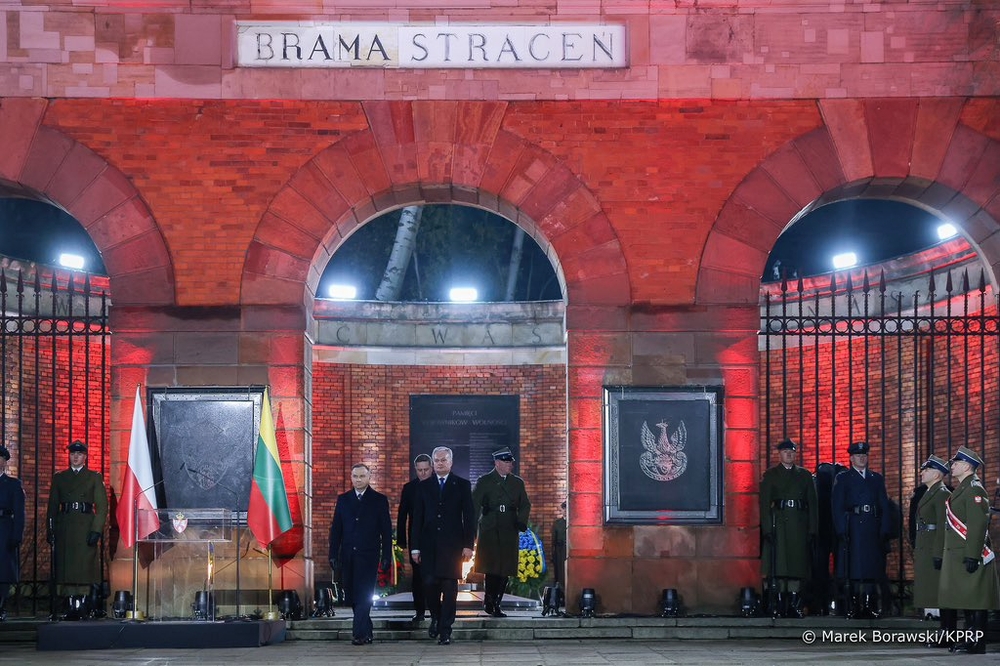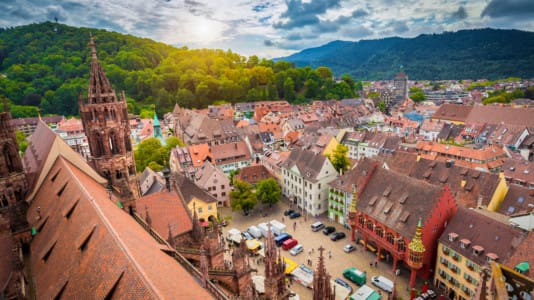Speaking at the commemoration of the 160th Anniversary of the 1863 January Uprising against Russia, Polish President Andrzej Duda said that he believed that Ukraine will repel Russian aggression.
The Polish president was joined by Lithuanian President Gitanas Nauseda and Belarusian opposition leader Sviatlana Tsikhanouskaya During the commemoration, a letter was also read out loud by President Volodymyr Zelensky in which the Ukrainian president paid homage to the fighters in the uprising.
The Polish president said that the January Uprising was the biggest and longest uprising against the Russian occupiers in the 19th century. It lasted two years and involved 200,000 fighters. Some 20,000 of those fighting the Russians died; hundreds of thousands were later transported to Siberia, deprived of their property, persecuted, and often worked to death.
Duda thanked Nauseda and Tsikhanouskaya for joining him, saying that their nations fought against Russian Tsarist oppression and for freedom and independence for the nations that formed the Old Commonwealth that was lost as a result of the Russian occupation.
Duda said the rallying cry of the uprising was “the fight for our and your freedom” and “freedom, equality, and independence.” He added that these ideals were vital in giving these nations the will to survive and nurture the faith that statehood would one day be restored.
President Gitanas Nauseda said that the 1863 January Uprising circumvented the efforts of the Tsarist regime to cow the Polish, Lithuanian, Ukrainian, and Belarusian people. Both he and Duda stressed that Ukrainians were currently engaged in a similar struggle for survival and freedom. He also added that he believed that the struggle for freedom, democracy, and self-determination would succeed in Belarus.
The 1863 January Uprising was the longest and largest mass independence movement in partitioned Poland. The uprising was an insurrection principally in Russia’s Kingdom of Poland that was aimed at the restoration of the Polish–Lithuanian Commonwealth. The participants suffered harsh repression, such as the confiscation of property, destruction of monasteries, and active russification. Records show that 700 people were sentenced to death and 38,000 were officially deported.






